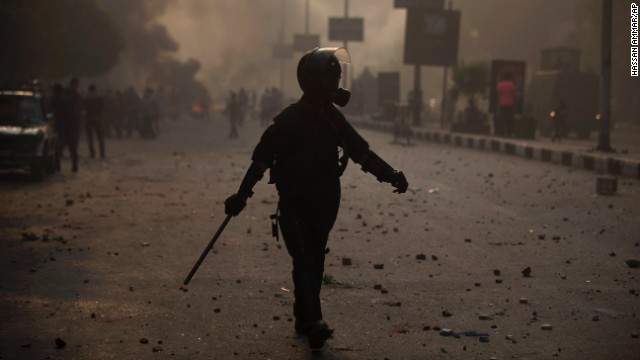By Kathryn Maureen Ryan
Impunity Watch Reporter, Middle East
CAIRO, Egypt – Speaking shortly after arriving in Malaysia, United States Secretary of State John Kerry addressed the United States’ cut in military aid to Egypt. According to Secretary Kerry, the Obama Administrations decision to suspend shipments of large-scale military systems, as well as suspend $260 million dollars in military aid to Egypt Wednesday, was made in response to the behaviour of Egypt’s rulers.
Secretary Kerry said the United States will consider restoring its aid, which amounts to approximately $1.5 billion to Egypt “on the basis of performance” that encourages democracy through elections.
Kerry said the suspension of a portion of the country’s military aid to Egypt does not signal a severing of ties between Washington D.C. and the military-backed government in Cairo over the ousting of democratically elected President Mohamed Morsy on July 3. Kerry said, “The interim government understands very well our commitment to the success of this government… and by no means is this a withdrawal from our relationship or a severing of our serious commitment to helping the government.”
Since Wednesday, the Egyptian government has slammed the Obama administration’s move to cut aid. Egypt’s Ministry of Foreign Affairs, Badr Abdel Atty, said Thursday, “It raises serious questions about U.S. readiness to provide stable, strategic support to Egyptian security programs amid threats and terrorism challenges it has been facing.”
The State Department announced its decision to freeze $260 million of the United States’ $1.5 billion annual aid package to Egypt is an attempt to pressure the Egypt’s military regime to restore democratic rule as soon as possible.
The United States will maintain aid to support for health and education and counterterrorism, spare military parts, military training and education, border security and security assistance in the Sinai Peninsula.
Israel Finance Minister Yair Lapid said that the Administration’s suspension of aid to Egypt should be adjusted to maintain Egypt’s commitment to maintain peace with Israel and counties to combat terrorism in the region.
Eric Trager of the Washington Institute for Near East Policy said the administration’s cut to military aid was poorly timed. He argued it sends the wrong message to the Egyptian people. He said, “Cutting aid to Egypt at this moment sends the signal that America doesn’t have Egypt’s back when it’s facing significant challenges.” Trager argued that many Egyptians say the Muslim Brotherhood and the Morsy regime as an emerging fascist dictatorship. However, the administrations cut to aid comes as a direct response to the continued violence that has plagued the nation since the military government began cracking down on Muslim Brotherhood supporters.
For more information please see:
USA Today – Egypt Slams U.S. Aid Cut; Allies Concerned – 11 October 2013
ABC News – Kerry: Cut in Egypt Aid Is Not US Withdrawal – 10 October 2013
Al Jazeera – Kerry Links Egypt Aid to Rulers’ Performance – 10 October 2013
Reuters – U.S. Will Reconsider Egypt Aid Based on Performance: Kerry – 10 October 2013


